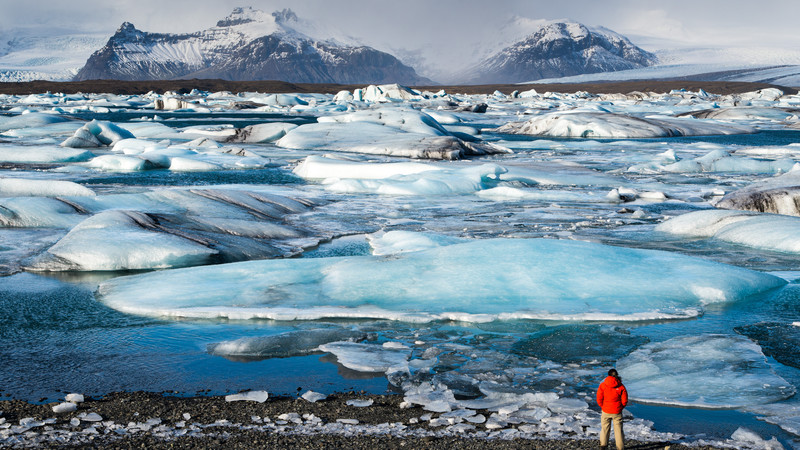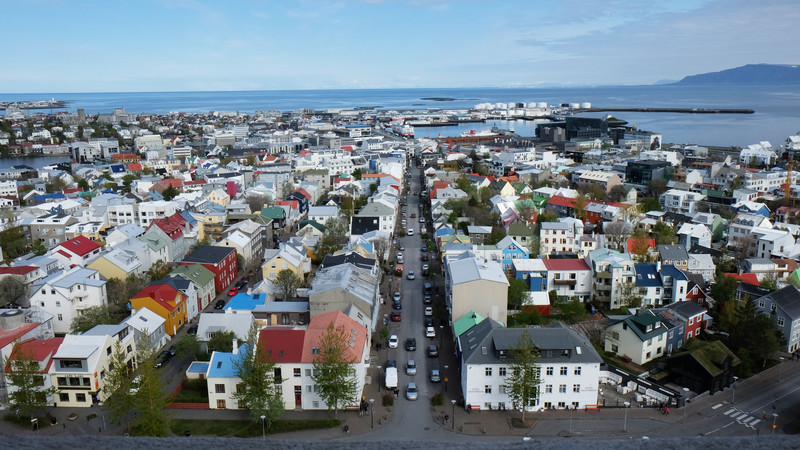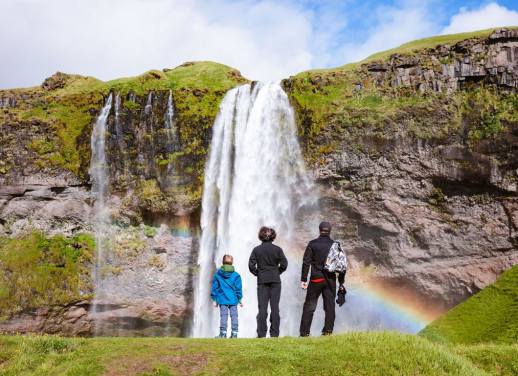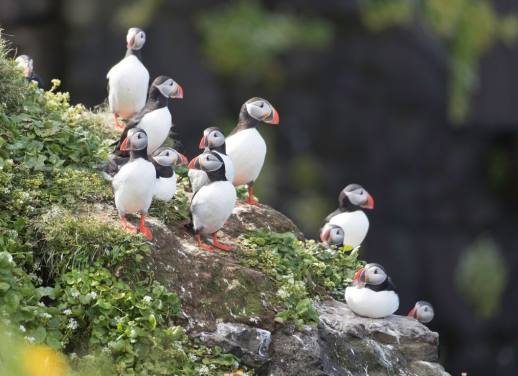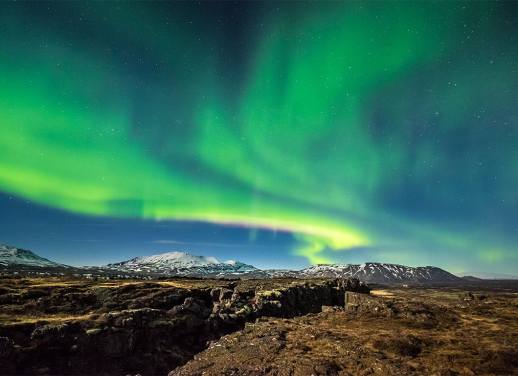I’ve been to Iceland twice. Both trips were glorious. But somehow, despite visiting once in summer and once in winter, I managed to pack disastrously both times… I was too hot in the summer and far too cold in the winter.
If you’re planning a trip to this island nation and are worried you’ll follow in my foolish footsteps, I have good news: Intrepid Travel’s ultimate Iceland packing guide is here. And it’s been created with the expert help of Intrepid’s Europe team – the people who create our itineraries there, monitor what’s going down on a day-to-day basis, and who can give all manner of exceptionally useful tips.
So, no matter what time of year, no matter how clueless you are, no matter whether you’re visiting solo or on a small group tour, we are here to help. Here’s exactly what you need to bring on your trip to Iceland.
Clothing to pack
First off, don’t panic. You don’t need to go out a buy a bunch of fancy, pricey gear. The most important thing to note is that layers are vital. The weather can be really unpredictable in this country – whatever the time of year. So, layer up so you can add or minus layers whenever you want or need.
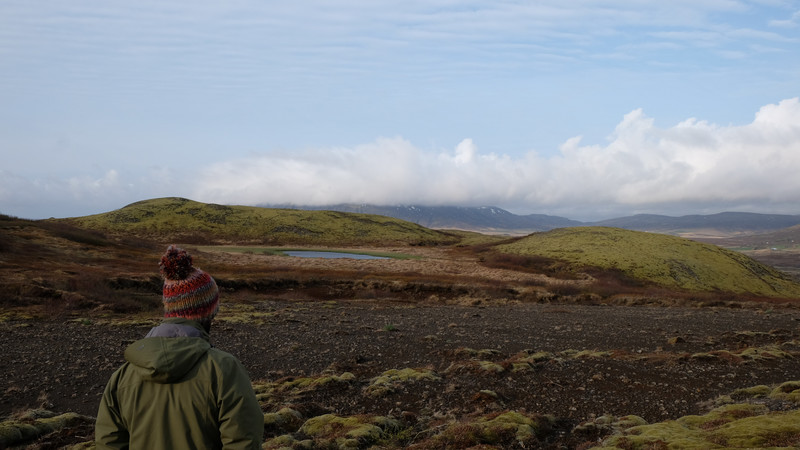
An Intrepid traveller in Iceland
Thanks to the unpredictable weather, a rain coat is a worthwhile purchase. Consider also purchasing a windcheater (or windbreaker – whatever you want to call it); having a light jacket that resists wind chill and light rain is never not going to come in handy.
If you’re particularly prone to feeling the chill, consider fleece-lined leggings and thermal shirts in addition to your normal clothing.
READ MORE: 6 EXPERIENCES EVERY TRAVELLER SHOULD HAVE IN ICELAND
Footwear to pack
Good footwear is also a must. Even though none of Intrepid’s Iceland itineraries are super active, lace-up shoes or boots with a good grip are always useful. Though you’re welcome to bring hiking boots, they’re not a necessity for shorter hikes and walks.
Additionally, flip-flops (thongs, if you’re Australian) are also a good shout. Why? Because Iceland is known for its thermal pools (yes, there’s the Blue Lagoon, but so many others too!). If you want to get in and out of the pools with ease, easily removable shoes are a godsend.
Other things to bring
Torch
Of course, cities such as Reykjavik have street lights, but torches are useful for when visiting rural areas. Some Intrepid trips spend the nights in farmstays in the countryside. Here, the sleeping quarters are sometimes in different buildings to receptions areas and restaurants.
Swimwear
As has been mentioned above, you don’t want to miss out on the country’s thermal pools. They’re a quintessential Icelandic experience! So, don’t forget your swimwear.
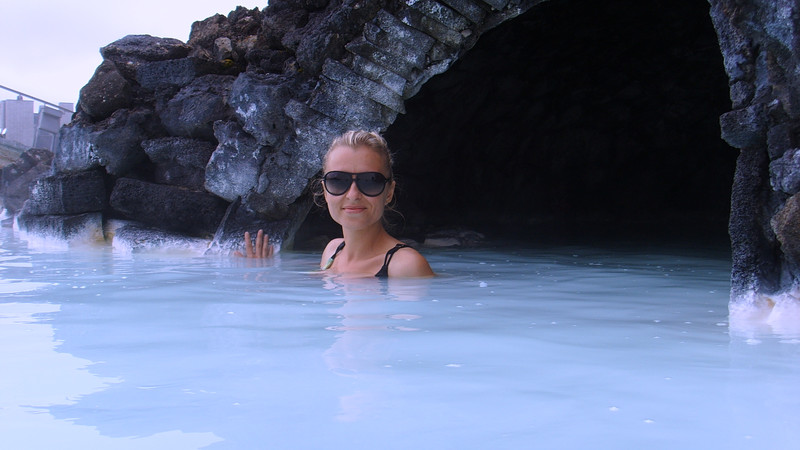
Enjoying the Blue Lagoon
Spare camera batteries
If your battery has long-lasting batteries you might be fine, but some Intrepid itineraries (and most solo adventures!) will involve long days on the road. Therefore, don’t rely on plug sockets at your local Starbucks like you might do back home! Cafes are few and far between in swathes of this sparsely populated country.
Food and/ or drink
If you’re on a budget – and even if you’re not – Iceland IS not cheap (handy budget guide here). So you might want to consider bringing along some of your favourite snacks, or even booze, from home.
That said, remember the importance of contributing to the local economy as a responsible traveller! It’s definitely worth buying some local goods here to remember your adventure.
CHECK OUT INTREPID TRAVEL’S RANGE OF SMALL GROUP TOURS IN ICELAND
Eye mask (for summer)
From mid-May to mid-August, the “midnight sun” phenomenon means that the sun only sets for a few hours per day. Short nights (combined with lack of curtains in some rural stays!) means that an eye mask might be useful.
Ice crampons (for winter)
Ice crampons might be useful in the more wintry months (November to March) when streets are iced over. These can be purchased in supermarkets in Reykjavik before setting off on an adventure.
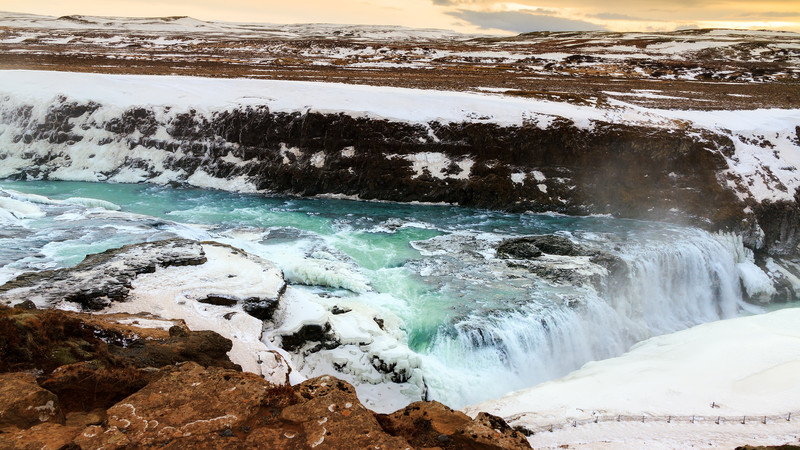
Gullfoss waterfall in winter
Insider tip on how to prepare for northern light-watching from Intrepid’s Europe Product Manager, Steph Millington:
Iceland in winter is the coldest I’ve ever been. If you feel the cold, you’ll feel it in Iceland. Should you head out into the wilderness at night to hunt for northern lights you may find yourself standing around, watching and waiting, so this is when it hit me the most. I wore almost all my layers for this, popped some heated pads in my gloves and used the flask I’d brought with me to keep some hot chocolate (laced with rum!) on standby.
Bags to bring
The first thing to know is that packing light is a good idea. Not only is there limited space in the vehicles that Intrepid trips use (making over-packing unfair to others), hotel rooms tend to be pretty small. And by “pretty small” we mean really small. A huge suitcase might not even be able to opened fully.
Our best bag suggestion? A duffel bag or backpack. And then a small rucksack for day trips and everyday use.
In addition to packing light, try to bring a waterproof bag OR buy some sort of waterproof lining for it. This can be as simple as a bin bag or using vacuum storage bags for possessions. It’s unlikely your main bags will ever be outside long, but there’s nothing worse than having soggy kit when on the move with limited drying time.
SUBSCRIBE TO INTREPID’S NEWSLETTER FOR TRAVEL TIPS, COMPETITIONS, GIVEAWAYS & MORE
A note on temperatures
What to expect in summer
July and August tend to be the warmest, and therefore most touristy, months in Iceland. July temperatures in the country’s south can range from 10-25°C (50-77°F) but it’s best to pack with the colder of these temperatures in mind.
Also be aware that it can be wet any time of year.
What to expect in winter
Iceland’s southerly lowlands average about 0°C (32°F) in winter. The highlands, however, average about -10°C (14°F). So, again, it’s best to pack with the colder temperatures in mind and layer up!
January tends to be the coldest month. February, March, September and October are typically the best time to catch the northern lights.
READ MORE: 7 REASONS TO CONSIDER A WINTER TRIP TO ICELAND
A note on accommodation
Now this is something you don’t have to worry about! Accommodation in Iceland – whether hotels or farmstays – tends to be very well-heated. So, layers won’t be needed when all tucked up at bedding.
All bedding is also provided on Intrepid trips to Iceland, so there are no extra things to pack.
Tip: If you are looking to get out of cosy accomodations and to go camping, the 18-35s One Week Camping in Iceland trip is perfect for adventurers. You’ll spend 2 nights in a guesthouse and 4 camping. So, bring a sleeping bag and get excited.
A note on money
The one thing you don’t need for an Icelandic adventure: a money belt. Not only is Iceland extremely safe, it’s pretty much a cashless society. You can easily spend an entire trip in this awe-inspiring country without even touching the local cash!
More useful pre-trip reading
Intrepid Travel has a wealth of resources available for anyone planning a trip to Iceland. Check 7 handy guides out below:
-
- 6 hot springs in Iceland even better than the Blue Lagoon
- How to travel Iceland on a budget
- 6 local dishes to try in Iceland
- Why planting trees might be the highlight of your Icelandic adventure
- Summer vs winter: the best time to visit Iceland’s Golden Circle
- 7 waterfalls you should visit in Iceland
—
Now you know what to pack, it’s time to book your trip! Check out Intrepid’s range of small tours in Iceland.
—
(Blue Lagoon image c/o Iryna K. All other images c/o Intrepid Travel.)

